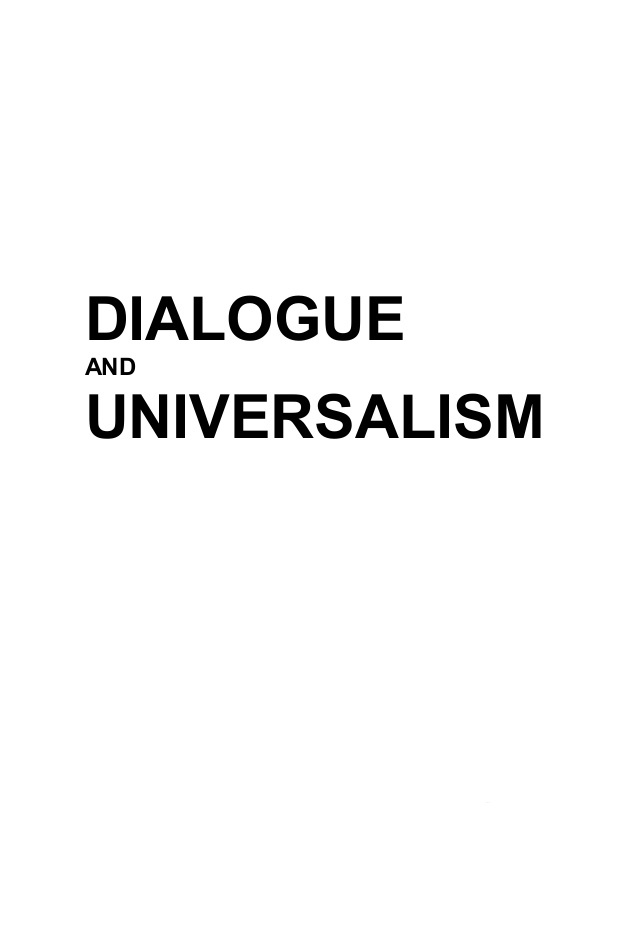HANS BLUMENBERG’S “GREAT QUESTIONS.” FREEDOM WITHIN IMMANENT HISTORY
HANS BLUMENBERG’S “GREAT QUESTIONS.” FREEDOM WITHIN IMMANENT HISTORY
Author(s): Ionuț RăduicăSubject(s): Philosophy
Published by: Instytut Filozofii i Socjologii Polskiej Akademii Nauk
Keywords: Hans Blumenberg; modernity; phenomenology of culture; dialectics
Summary/Abstract: This article deals with the concept of “great questions” in Hans Blumenberg’s phi-losophy. The “great questions” are fundamental elements of the German philosophy due to their role in explaining the core of the modern paradigm. Great questions are posed as resorts, and create references to them. They can be seen as atoms on the bot-tom of the modernity foundation, while some phenomena that could make them func-tional emerge as related to them. The law that enforces the atoms bond and the possibil-ity of combinations resides in the so-called reoccupation theory that gains a good sight of what happens in immanent history. The way this work intends to clarify the great questions issue is by observing three assets of Blumenberg’s philosophy: a) the dialecti-cal orientation of history (in particular, the modernity); b) the rule of historical change; c) Blumenberg’s holistic tendencies. This article aims to demonstrate that Blumenberg’s vision not only allows freedom to be explicit in modernity, but freedom is the main asset of this epoch.
Journal: Dialogue and Universalism
- Issue Year: 2015
- Issue No: 1
- Page Range: 237-246
- Page Count: 10
- Language: English

